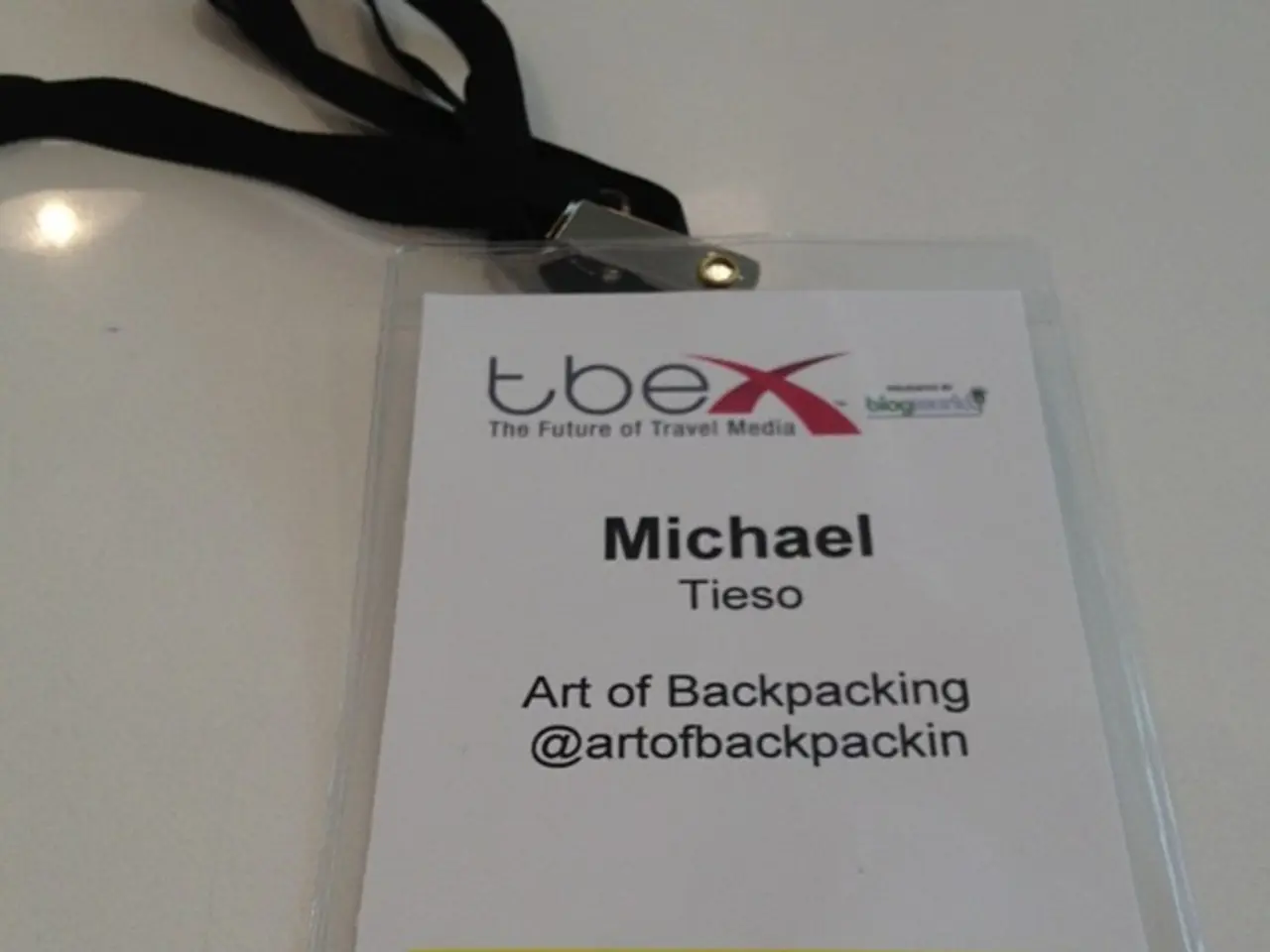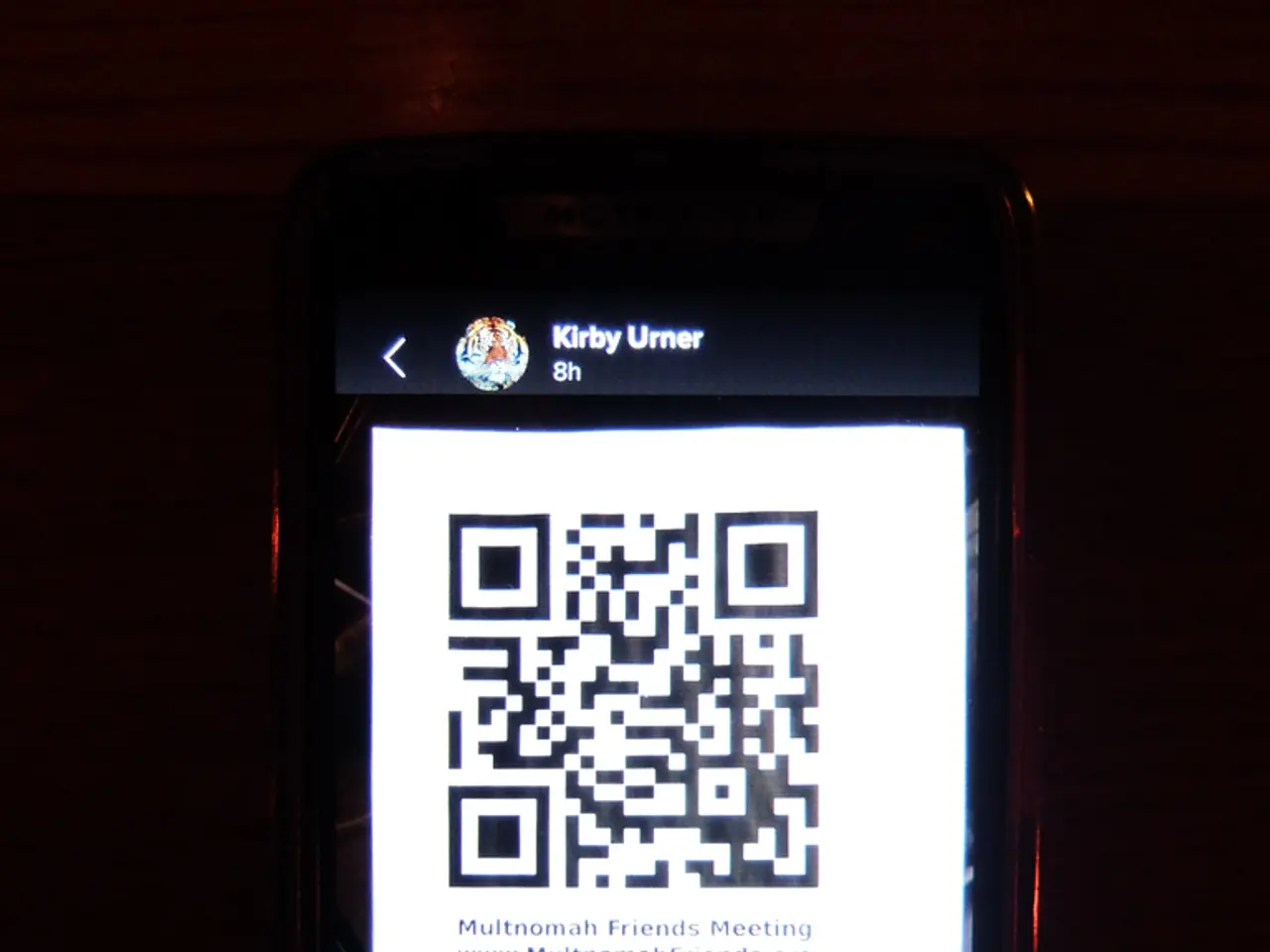Shift in Trust: Countering Fraud and Authentication in the Transportation Sector (2025)
In the ever-evolving digital landscape, the mobility sector is not immune to the rise of online fraud. According to recent reports, various forms of fraudulent activities have been on the increase, causing significant financial losses and potential harm.
One of the most notable spikes in fraud occurred in 2024, where account takeover fraud saw a 12% jump compared to the previous year. The transportation industry was not far behind, experiencing a staggering 98% increase in fraud rates. These statistics underscore the urgency for enhanced security measures in the sector.
Scammers are exploiting various methods to infiltrate the mobility services. Fake accounts, stolen identities, and payment fraud are common tactics used to gain unauthorised access and extract funds. In the ride-sharing segment, scams such as card skimming and card swapping, mobile payment fraud, and social engineering tactics like phishing are prevalent.
Deepfake technology is being employed to impersonate others, adding another layer of complexity to the fraud landscape. Corporate and procurement fraud is also a concern, with individuals forging documents, creating false identities, or manipulating procurement processes to gain unauthorised benefits or contracts.
The shared mobility market, projected to reach $356 billion by 2030, is another attractive target for fraudsters. Fake car sales websites are on the rise, luring buyers with lower prices only to pocket their deposits or full payments. Synthetic fraud, where criminals combine real and fake personal data or use deepfakes to create entirely new identities, is also on the rise in this sector.
However, there are measures in place to combat these frauds. Verifying sender information, using multi-factor authentication, being vigilant about card readers and keypads, hiding PINs during transactions, and using trackable payment methods are some of the strategies employed. Educating drivers and users about common scams and regularly updating account passwords and access permissions can significantly reduce the risk of fraud.
Companies like Sumsub are at the forefront of this battle, offering solutions such as online ID verification, AI-powered liveness detection, non-documentary verification, age checks, and fraud prevention. Sumsub also enables fast onboarding of drivers from any country, tailoring its solutions to specific business needs in the mobility sector.
Despite these measures, the UK has seen a significant number of fraud cases. In 2024 alone, there were 3.5 million cases of fraud, with £11.4 billion ($15.4 billion) stolen from consumers, a substantial portion involving fake car sales or parts.
As the mobility sector continues to grow, so does the need for robust security measures to protect consumers and businesses alike. Combining technological measures with user awareness forms the best defense against online fraud in ride-sharing and mobility services.
In the mobility sector, technology-driven fraud, such as deepfake technology impersonation and synthetic fraud, has emerged as a significant concern, causing financial losses and potential harm. Enhanced security measures, like Online ID verification and AI-powered liveness detection, are crucial in combating these forms of fraud.
The rise of scams like fake car sales websites and corporate procurement fraud in the shared mobility market highlights the necessity for robust security efforts, blending technological solutions with user education, to protect consumers and businesses from online fraud.




